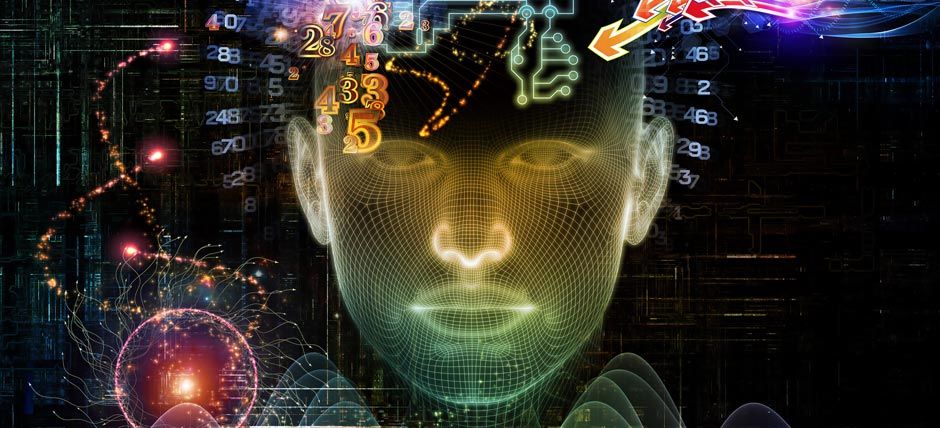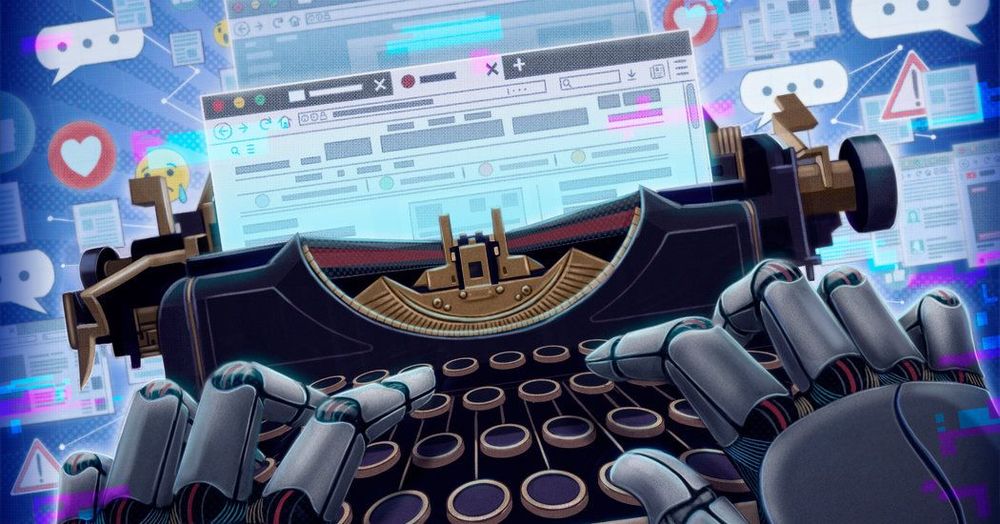Forensics is on the cusp of a third revolution in its relatively young lifetime. The first revolution, under the brilliant but complicated mind of J. Edgar Hoover, brought science to the field and was largely responsible for the rise of criminal justice as we know it today. The second, half a century later, saw the introduction of computers and related technologies in mainstream forensics and created the subfield of digital forensics.
We are now hurtling headlong into the third revolution with the introduction of Artificial Intelligence (AI) – intelligence exhibited by machines that are trained to learn and solve problems. This is not just an extension of prior technologies. AI holds the potential to dramatically change the field in a variety of ways, from reducing bias in investigations to challenging what evidence is considered admissible.
AI is no longer science fiction. A 2016 survey conducted by the National Business Research Institute (NBRI) found that 38% of enterprises are already using AI technologies and 62% will use AI technologies by 2018. “The availability of large volumes of data—plus new algorithms and more computing power—are behind the recent success of deep learning, finally pulling AI out of its long winter,” writes Gil Press, contributor to Forbes.com.






